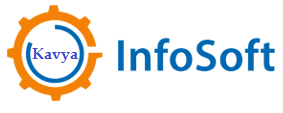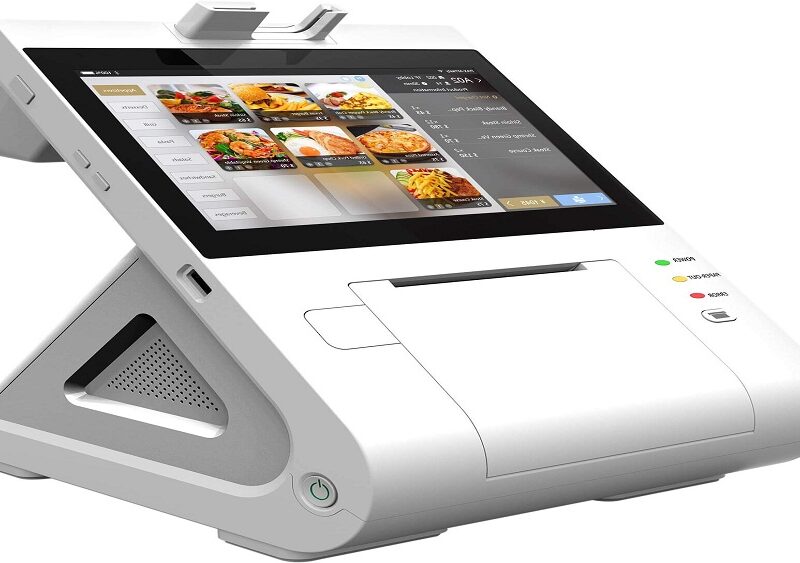The passion and drive behind running a startup can feel like two sides of one coin. It seems extremely rewarding at first, but things can go off the rails very fast. As someone who has worked freelance for startups, I know that tracking time can either break or make teamwork efficiency. Being able to track your time isn’t only about knowing how long you worked. Rather, it’s about clarity, focus, accurate billing, and so much more. Here are my top eight tool recommendations along with some of my personal stories that will help your startup succeed.
Why the Great Focus on Time Tracking for Startups?
Every single second counts for a startup in this fast-paced world. Without tracking time accurately, it can be easy to lose track of how your team’s resources are spent. With an outdated costing method such as rounding off working hours, I witnessed a startup suffer significantly from “undercharging” due to overworking their clients through unsustainable workloads without adequately compensating billing cycles automated by required project effort truly warranting.
These tools help you:
- Accurately bill the client based on hours worked for them
- Have more visibility into optimal workflows pinpoint
- Enhance decision-making while planning future data-driven projects.
Time tracking is valuable whether you are a single creator or leading a small-sized team that aids in placing order within chaos, helping precise agility towards relentless growth, ensuring utmost dynamic slashing provides potential price baselines paid, and saving like a sharp cut almost free.
Toggl Track: Simple and Easy to Use
Toggl Track is simple and edgy, and its intuitive user interface makes it easy to navigate for users of all skill levels. Its one-click timer simplifies the entire process, and reports are colorful and visual. I used Toggl on a content project, and Chrome’s browser extension made timers accessible, eliminating app-switching.
Perfect for startups that need integration with other tools like Asana, Trello, or others.
Clockify: No Cost with Plenty of Features
Clockify offers a free plan that boasts unlimited users along with projects, making it perfect for early-stage companies. During my time working with remote teams, I relied on Clockify, as it helped in cross-time-zone hour tracking while generating client-ready reports. The timesheet plus kiosk feature works great for office-field employed team integration.
- What strengthens its purpose and value is growing level-headed teams.
- Recommended strategy: The mobile application offers a kiosk feature, so use it to track remotely.
Harvest: Billing Made Easy
Harvest’s invoicing interface blends seamlessly, allowing simple tracking alongside invoicing, which is perfect when billing clients. Harvest can work well in an invoice-based model where monitoring portions are manual because its automated various calculations save system offer checks within the range of division of set portions checklists.
It functions amazingly combined with Basecamp, making it heavily enhance project-centric partitions and create processed workgroup planner unit systems for basework.
Perfect for startups looking to streamline payments while keeping clients satisfied.
TimeCamp: Data-Driven Insights
TimeCamp’s automatic tracking feature works as a productivity coach by logging time spent on apps and websites. This helps teams see where their focus is directed. After testing TimeCamp for a week, I was alarmed at how much time I spent on emails—so much that I started batch-processing them.
With its guided reports, TimeCamp helps startups optimize workflows and profitability.
Controlio: Monitor and Manage
Controlio’s tool goes beyond traditional time tracking with its unique functions of screenshot capturing and activity monitoring. While managing a small remote team, it helped us isolate many distracting behaviors like excessive social media scrolling during work hours. It offers security benefits like encrypted data, proving useful for transparent, micromanagement-free supervision, which is crucial for many startups.
Best suited for remote or hybrid teams craving accountability coupled with strategic insights.
Everhour: Project Management Sync
Everhour integrates seamlessly into tools like Jira or Notion, which makes it beneficial to other users of the mentioned project management apps in startups. I tested it during a sprint with a dev team—it was great! Since it was synced to real-time reporting, we stayed within budget, so props to Everhour there too. It is pricier but worth it if you’re deep into Asana or ClickUp.
Best for teams requiring integrated time-tracking functionalities as part of work processes.
Timely: AI-Powered Precision
Timely’s Memory Tracker uses AI to encourage logging work and even suggests time entries that can be modified with minimal supervision. While conducting a writing project, I tested it out, and it proved itself to be surprisingly accurate—it noted the time I spent in Google Docs on my document automatically. The system focuses heavily on privacy safeguards, ensuring security of data.
Timely is excellent for new businesses focusing on automation as well as simplicity.
TMetric: Budget-Friendly Versatility
With its low-cost plans and clean user interface, TMetric is best suited for cash-strapped startups. For one of my side projects, I used its free version and found the task-based tracking helped me stay organized. Its integration with QuickBooks further enables effortless payroll, making it versatile.
This balance of cost and functionality makes TMetric a solid pick for startups.
Final Note: Time Is Your Startup’s Superpower
Time-tracking tools function like GPS systems for productivity within your startup, offering direction towards efficient workflows and greater achievements. Whether you prefer the simple Toggl or the more structured Controlio, which emphasizes accountability, every tool has something different to offer. From my freelancing experiences, I learned that tracking time isn’t about being monitored; it’s about taking control of one’s day. Start by selecting a tool that matches your team’s culture, adopting a minimal approach, and then embracing substantial boosts in efficiency along the way! Which time-tracking hack will you implement first?



